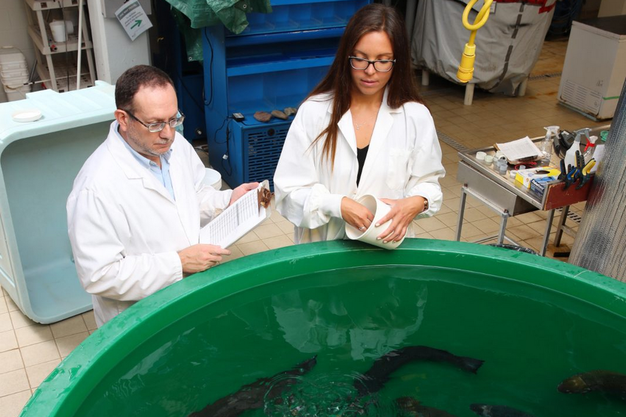Over 85 percent of the research performed at the Dalhousie University Faculty of Agriculture is "applied" research, meaning solutions and innovations directly address real-world, industry-led needs. By engaging students early and often in research, the next generation becomes trained to seek solutions and deeply consider the wide-ranging impact of their work.
One key research area is food security. The Atlantic region is ideally suited to explore agricultural innovations that tackle food security, as well as climate change mitigation, access to clean water, and economic growth. The goal is to expand and accelerate this research to improve food security for an ever-growing global population by creating the Food for the Future Smart Farm and Innovation Hub on campus.

To realize this vision, infrastructure improvements are needed. Each component of the Food for the Future Smart Farm and Innovation Hub will include new or upgraded buildings, technology, and equipment, as well as additional faculty and increased funding for scholarships and research.
Bringing Worlds Together will fund several elements within the Food for the Future Smart Farm and Innovation Hub. Including a sustainable food systems facility, a precision animal management center, a sustainable precision aquaculture center, and a center for sustainable soil management.
The Interpretive Centre will focus on the food produced in Atlantic Canada and how it connects the region with Canada and the world. It will explore aquaculture, smart farming, vertical farming, workforce development, research, environmental stewardship, nutrition and more. Mi'kmaq community members are engaged in developing the center to ensure the content included is accurate and not misrepresented in any way. The Atlantic Agricultural Interpretive Centre will bring an exciting new dimension to community outreach and education activities.
Source: Dalhousie University
